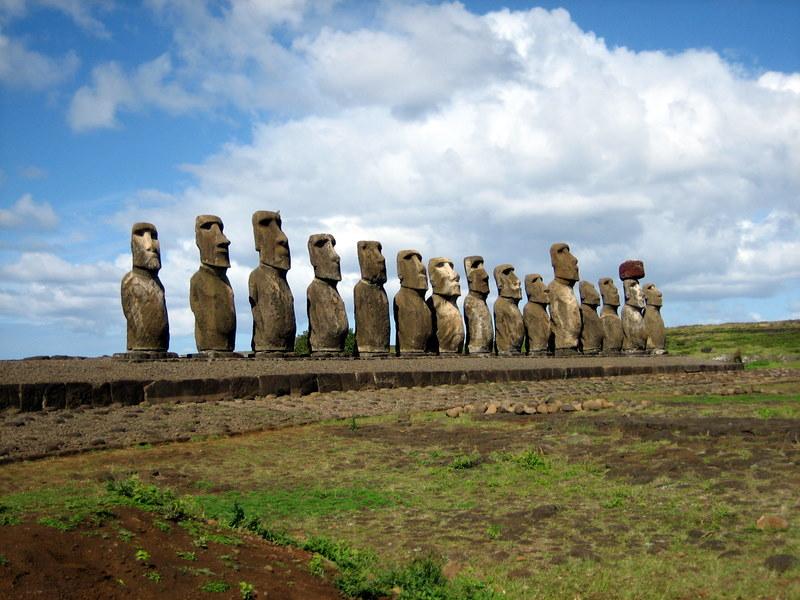
The beat
Krone laundering in Estonia
Danish and Estonian authorities are investigating Danske Bank, Denmark’s largest bank, over allegations of money laundering. The bank’s Estonian branch was allegedly used to launder around 53 billion kroner (US$8.3 billion) between 2007 and 2015. The branch has a history of involvement in money laundering, including the Russian Laundromat case covered in ‘The Beat’ last year. The announcement comes four years after a review by the Estonian financial services authority found serious issues with the branch’s anti-money-laundering practices.
Cow killings provoke lynching
NDTV released footage of undercover interviews with two men as part of its investigation into India’s Hindutva (Hindu nationalist) groups, including Rashtriya Swayamsevak Sangh. The men are accused of being involved in separate lynchings of a meat trader and a farmer for allegedly killing cows. Cows are considered sacred by Hindus, and it’s illegal to kill them in some states. Vigilantes might feel emboldened by a general rise in nationalism across the country, despite Prime Minister Narendra Modi’s condemnation of such attacks last year.
National Missing Persons Week
The Australian Federal Police has released a short film for the 30th National Missing Persons Week, which runs from 5 to 11 August. The film is intended to give the community insight into what the families of missing persons go through and how the public can help.
CT scan
Malaysia shuts down Saudi-supported counterterror center
The Malaysian government has shut down a counterterrorism centre that was backed by Saudi Arabia. The King Salman Center for International Peace, which opened a year ago in Kuala Lumpur, was closed with immediate effect by the Malaysian defence minister, Mohamad Sabu. The centre’s role will be absorbed into the Malaysian Institute of Defence and Security, whose aim is to be ‘an international centre of excellence for research in defence and security’. This development comes off the back of Sabu’s announcement that Malaysia is planning to withdraw its troops from Saudi Arabia to avoid becoming embroiled in the Middle East conflict.
Al-Qaeda-affiliated terror suspect arrested
A member of an Al-Qaeda-linked terror group was arrested carrying eight live grenades on his way to Delhi. According to the Jammu and Kashmir police, the suspect was caught at a local checkpoint after police noticed that he was walking and behaving bizarrely. The suspect admitted during interrogation that he was a member of the banned terror group Ansar Ghazwat-ul-Hind. His alleged motive was to disrupt Delhi’s Independence Day celebrations. Police have attributed the arrest to a heightened level of security in the area and called the arrest a ‘major success’.
Checkpoint
Brazil reopens border with Venezuela
Brazil’s federal appeals court overturned Sunday’s ruling to close the Roraima–Venezuela border. Roraima, Brazil’s northernmost state, was ordered to shut the crossing until the state could deal with the influx of immigrants fleeing Venezuela’s economic and political turmoil. The judge in the original case claimed that there was ‘no point in welcoming Venezuelan immigrants if they are going to be subjected to equal or more degrading conditions here’. The appeals judge, however, said that the border closing was a ‘violation of the exercise of rights assured by modern law’.
Camels Corps 2.0
The Kenyan government has announced the creation of a camel-mounted patrol unit to be deployed to the country’s border with Somalia. The unit is intended to better combat the rising threats and attacks against officers by terrorist organisation Al-Shabaab and may have drawn inspiration from the Imperial Camel Corps of World War I.
Batman and Turkey
In an effort to boost tourism, residents of Turkey’s Batman province want to rearrange its border to resemble the superhero’s iconic bat symbol. The online petition has gathered more than 20,000 signatures in a week, with some suggesting that a name change to Gotham City would draw even greater international attention.
First responder
Access to Easter Island restricted
Chile has restricted access to Rapa Nui (Easter Island) for those without indigenous roots there. Visitors will now be allowed to stay on the island for 30 days, down from 90, and those seeking to move permanently must prove local ancestry. Known for its enormous statues (moai), Rapa Nui is in jeopardy of irreversible environmental degradation due to rising numbers of tourists and new residents. It’s been argued that the restriction is aimed at Chileans from the mainland, who have contributed to a near-doubling of the island’s population in the last 20 years. While the new rule may help protect the island’s culture and environment, some argue that a total ban on new residents is needed.
Corruption worsens flood impact
Around 45,000 people are stranded in relief camps in a small village in Kerala, India, after their homes were flooded. Locals blame the government for poor implementation and misappropriation of the roughly US$268 million Kuttanad package, a group of proposals comprising flood control and warning systems. The funds were reported to have been diverted to local landlords and the land mafia. Now the state government is seeking to revive the plan, promising to construct multi-purpose shelters and trial a new construction technology that would prevent flood waters from entering buildings. Corruption and misappropriation of public money remain massive problems in most parts of India.
Facebook sorry for earthquake confetti
Facebook has come under fire after posts on the Lombok earthquake triggered congratulatory graphics, including balloons and confetti. This happened when Facebook users marked themselves as ‘safe’ using the Indonesian word ‘selamat’, which can also be translated as ‘congratulations’. Facebook has since apologised for the gaffe and has temporarily turned off the automatic feature in the region.